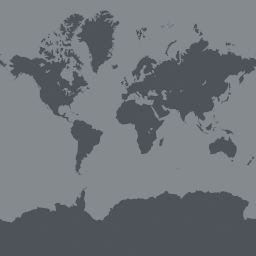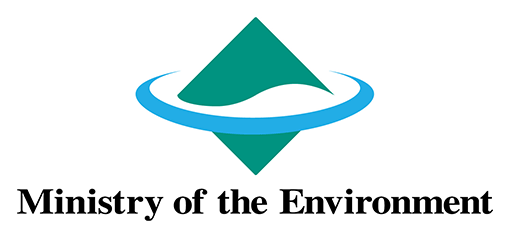This project aims to acquire and mobilize georeferenced data on whales, dolphins and porpoises along the entire coast of Vietnam.
Using a multidisciplinary approach the project team will consolidate data on cetacean diversity, abundance and distrubution in Vietnam from three main sources: 1) the numerous cetacean bones in collections stored in fishing villages along the Vietnamese coast; 2) the vast information on human-cetacean interactions available on Vietnamese social media; and 3) opportunistic cetacean sightings reported from our citizen science program.
The goal of the project is a primer for the first comprehensive database for cetaceans in Vietnam, a country that has an enormous gap in information regarding marine mammals. This lack of information is the main challenge to conservation effort for cetaceans inhabiting Vietnamese waters from emerging anthropological threats. Results from our project will provide a robust baseline for various applications in conservation management (e.g. marine protected area planning, stranding response network, bycatch mitigation).
Project progress
At final reporting the project had located 207 whale temples along the Vietnamese coast and from visits of 49 of these, published to GBIF a dataset of 847 cetacean specimens which had been identified and catalogued during the visits.
In parallel to the whale temple data, the project was also able to consolidate cetacean stranding and encountering data from social networks and citizen science apps (iNaturalist and Google AppSheet platforms) and published to GBIF a cetacean stranding database with 222 records and a cetacean encountering database with 55 records so far.
These valuable data have significantly narrowed the gap in information regarding marine mammals in Viet Nam, thus assisting scientific research and decision makings, and are now being used by the Research Institute for Marine Fisheries (RMIF) to develop ‘The National guideline for marine mammal rescue’ and the Directorate of Fishery of Vietnam to address marine mammal bycatch issue.
During implementation the project team also developed through the Google AppSheet platform a citizen-science app called ‘Nghênh ông’ and translated the iNaturalist app into Vietnamese.
Communication activities by the project have included holding meetings with relevant stakeholders and conducting a number of different workshops. These workshops have included one with the Research Institute of Marine Fishery in March 2022 to develop the above-mentioned national guideline, as well as one with staff from 12 marine protected areas in Vietnam to introduce the ‘Nghênh Ông’ app. In addition to these activities the project lead also participated in an online talk with MareCet about whale temples.
Other outreach activities to attract public interest in cetacean diversity in Vietnam and promote the project and the citizen science platforms have included posts to social media, such as via its Facebook site. The project has been further covered by the international magazine ‘Hakai Magazine’.
In addition to the above, the following papers have been published:
- Whale temples are unique repositories for understanding marine mammal diversity in Central Vietnam, Raffles Bulletin of Zoology, Volume: 69 (November 2021), DOI: 10.26107/RBZ-2021-0066
- New Records of Fraser’s Dolphin (Lagenodelphis hosei) from the Whale Temples and Fishing Communities of Vietnam, Aquatic Mammals, Volume: 46, Issue: 4 Page Numbers: 395-401 (July 2020), DOI:10.1578/AM.46.4.2020.395
Due to the COVID-19 pandemic and restrictions on international travel, the project was delayed and not all whale temples located were visited. Post project the team envisages visiting the remaining whale templates and continuing to update its data and furthermore to continue its data mobilization efforts.
Post-project progress
‘The National guideline for marine mammal rescue’ has now been published by the Research Institute for Marine Fisheries.



